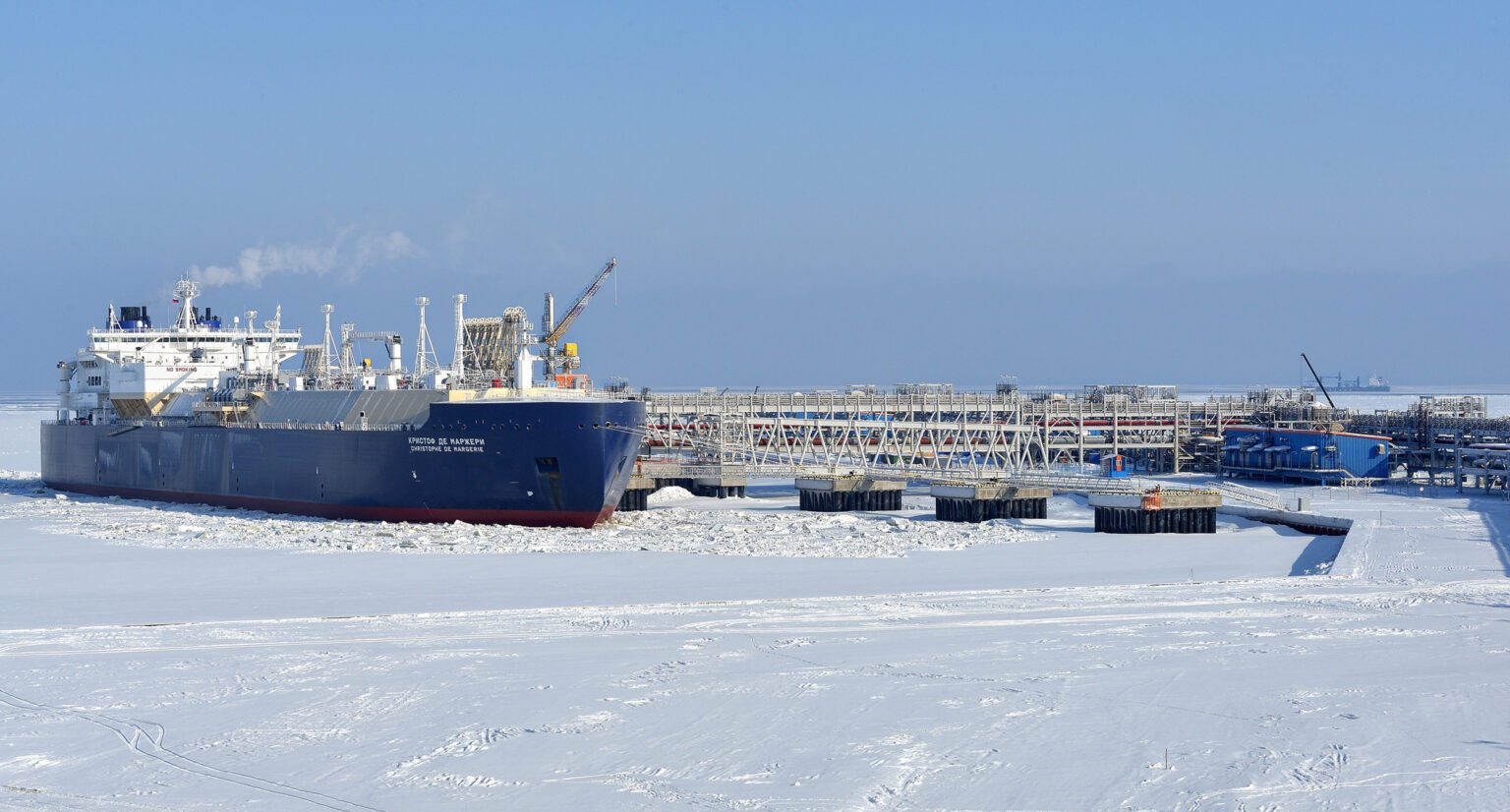Poland became the biggest buyer in the first five months of this year
EU imports of Russian fertilizer soared by 70% to 1.9 million tons between January and May this year compared to the same period in 2023, Vedomosti reported on Tuesday, citing Eurostat data.
In monetary terms, the bloc’s purchases amounted to more than €649 million ($703 million), marking a year-on-year increase of 30%.
In May alone, imports rose by 5% year-on-year to €77.4 million ($83.8 million) in monetary terms and by 17% to 238,400 tons in volume. The growth is mainly attributed to an increase in purchases of potassic manure and multiple-nutrient fertilizers, the outlet noted.
Meanwhile, EU imports of Russian nitrogen fertilizers grew by 39% in the first five months of this year, and amounted to 57% of the bloc’s entire purchases of fertilizers from the country. Poland emerged as a top buyer of Russian urea having increased imports by 25% to almost 468,000 tons. It was followed by France, Germany and Italy, which boosted purchases by 12%, 11% and 10%, respectively.
Vedomosti noted that fertilizer production costs had soared across the bloc in 2022 as a result of rising natural gas prices. Back then, Russian energy giant Gazprom – once the EU’s main gas supplier – dramatically reduced exports to the bloc following Western sanctions and the sabotage of the Nord Stream pipelines.
Surging input costs forced EU producers of nitrogen-based fertilizers to cut production, while some companies had to temporarily halt operations entirely, forcing the bloc’s farmers to ramp up imports from Russia, the world’s largest producer and exporter of urea.
Last year, the Federal Statistical Office (Destatis) revealed that Germany had boosted purchases of Russian fertilizers by roughly 334%, from 38,500 tons in July 2022 to 167,000 tons in June 2023. Meanwhile, imports of urea alone soared by 304% in the first half of 2023 compared to the same period of the previous year.
Earlier this year, CEO of Norwegian chemical producer Yara International, Svein Tore Holsether, warned in an interview with FT that bloc was becoming more and more dependent on Russian fertilizers, just as it did with natural gas.
Source: RT



